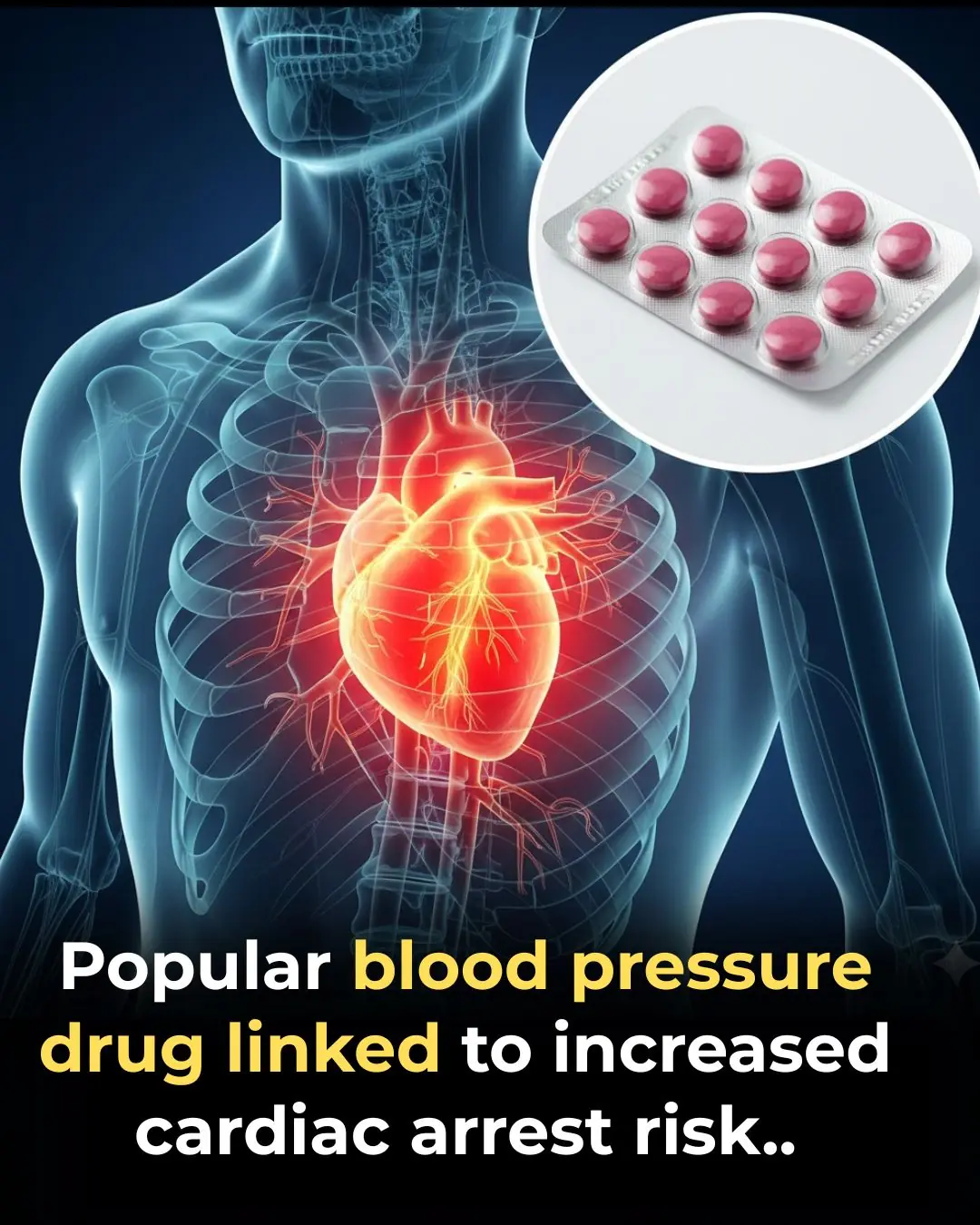
Vitamin D3 Could Cut the Risk of a Second Heart Attack by Half
Vitamin D3 Could Cut the Risk of a Second Heart Attack by Half
Imagine if something as simple as a vitamin could drastically reduce your chances of having another heart attack. For millions of people recovering from one, that’s not just wishful thinking — it’s now the subject of remarkable new scientific findings.
Researchers at Intermountain Health have discovered that a personalized vitamin D3 plan, carefully tailored to each patient’s needs, can cut the risk of a repeat heart attack by up to 50%. This isn’t about taking a random supplement off the shelf — it’s about precision, monitoring, and reaching optimal levels of this vital nutrient.
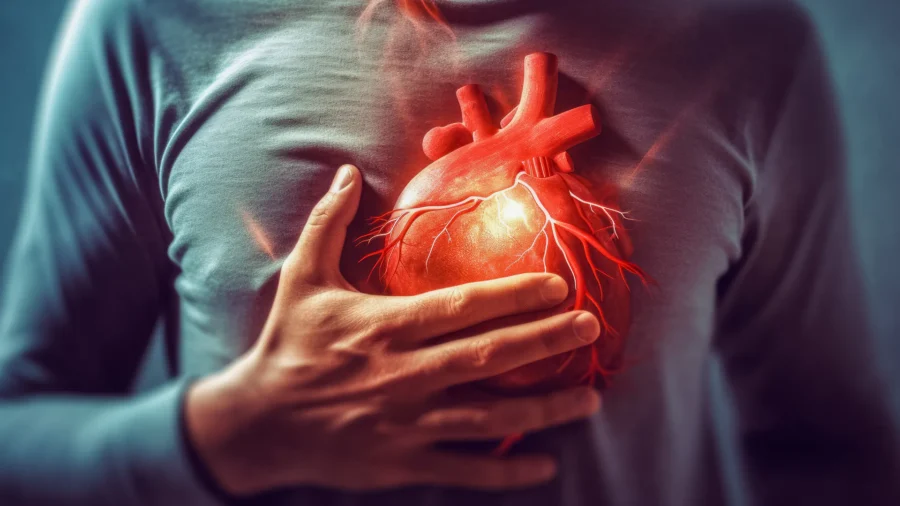
Key Takeaways
-
Personalized Is Powerful: Tailoring vitamin D3 doses to each person’s needs cut the risk of a second heart attack in half among survivors.
-
The Target Matters: The protective effect was achieved by maintaining blood vitamin D levels above 40 nanograms per milliliter (ng/mL).
-
Higher Doses, Safe Results: Many participants needed 5,000 IU of vitamin D3 daily — far higher than the general 600–800 IU recommendation — and no side effects were reported.
-
Smarter Strategy: The “target-to-treat” approach worked far better than previous studies that relied on one-size-fits-all dosing.
Rethinking an Old Vitamin
For decades, doctors have known that low vitamin D levels are linked to poor cardiovascular health. Yet, most clinical trials testing vitamin D supplements haven’t shown much benefit.
So, what made this study different? Researchers now believe those earlier trials failed because they gave everyone the same standard dose — ignoring individual differences in metabolism, absorption, and baseline vitamin D levels.
The TARGET-D study flipped that approach. Instead of uniform dosing, scientists used personalized treatment plans to make sure each participant reached and maintained optimal vitamin D3 levels. The result: a meaningful improvement in heart health and a lower risk of another heart attack.
How the Study Was Conducted
The TARGET-D study followed 630 patients who had recently experienced a heart attack. Participants were divided into two groups:
-
Control group: Received standard post-heart attack care, with no specific vitamin D management.
-
Treatment group: Received personalized vitamin D3 therapy aimed at keeping their blood levels above 40 ng/mL.
At the start, about 85% of participants had suboptimal vitamin D levels. Doctors closely monitored the treatment group every three months, adjusting each person’s dosage as needed to hit the target. Once stabilized, patients were checked annually.
This continuous, individualized monitoring turned out to be the key difference that led to the study’s remarkable outcomes.
The Remarkable Findings: A 50% Drop in Repeat Heart Attacks
Over six years of follow-up (2017–2023), the data were striking. While the two groups showed similar outcomes for overall cardiovascular events like stroke or mortality, one result stood out — those who received targeted vitamin D therapy had their risk of a second heart attack cut by half.
This discovery could redefine secondary prevention for heart attack survivors. By fine-tuning vitamin D3 levels rather than relying on a general dosage, doctors can offer a safe, inexpensive, and effective way to reduce recurrence risk.
Even more promising, the study found no negative side effects from using higher doses of vitamin D3. Patients tolerated the supplement well, and their overall health markers remained stable or improved.
Why Vitamin D3 Matters for Heart Health
Vitamin D3 does much more than support strong bones. It plays a critical role in:
-
Regulating blood pressure
-
Supporting immune function
-
Reducing chronic inflammation
-
Improving blood vessel flexibility
-
Enhancing calcium metabolism and muscle function
Low vitamin D levels are linked to arterial stiffness, insulin resistance, and inflammation — all of which contribute to heart disease. This makes it a logical target for prevention strategies, especially in people who’ve already suffered a cardiac event.
What This Means for You
For heart attack survivors, the implications of this study are profound. A simple blood test can measure your vitamin D levels, and your doctor can help determine whether supplementation is needed — and at what dose.
This targeted approach could become part of standard cardiac care in the near future, especially since the therapy is both safe and inexpensive. The Intermountain Health team is already planning a larger trial to confirm these exciting results and refine the dosing strategies even further.
Final Thoughts
This groundbreaking research brings new hope for millions of heart attack survivors. A personalized vitamin D3 plan could be one of the simplest and most effective ways to strengthen your heart and prevent another cardiac event.
Before starting supplementation, however, talk to your healthcare provider about testing your vitamin D levels. Optimizing this essential nutrient may be a small change — but one that could make a life-saving difference.
News in the same category


Powerful Health Benefits of Pineapple You Should Know

The Surprising Health Benefits of Sleeping in a Cold Room
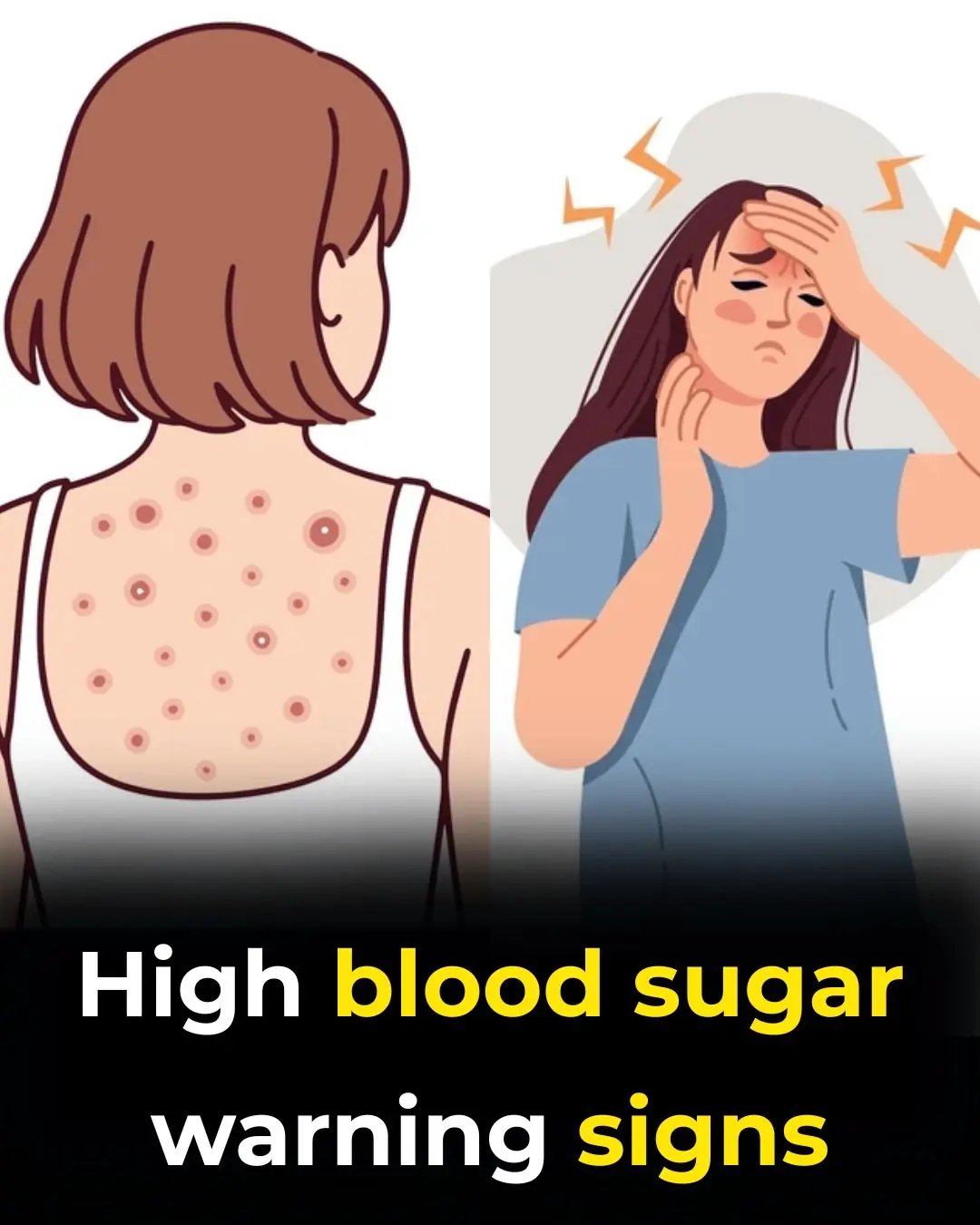
High Blood Sugar Warning Signs

🥚 A Look at How Certain Boiled Egg Habits May Affect Your Heart Health

🌿 Clove Water Sitz Baths for Women: A Gentle Guide to Hygiene and Comfort
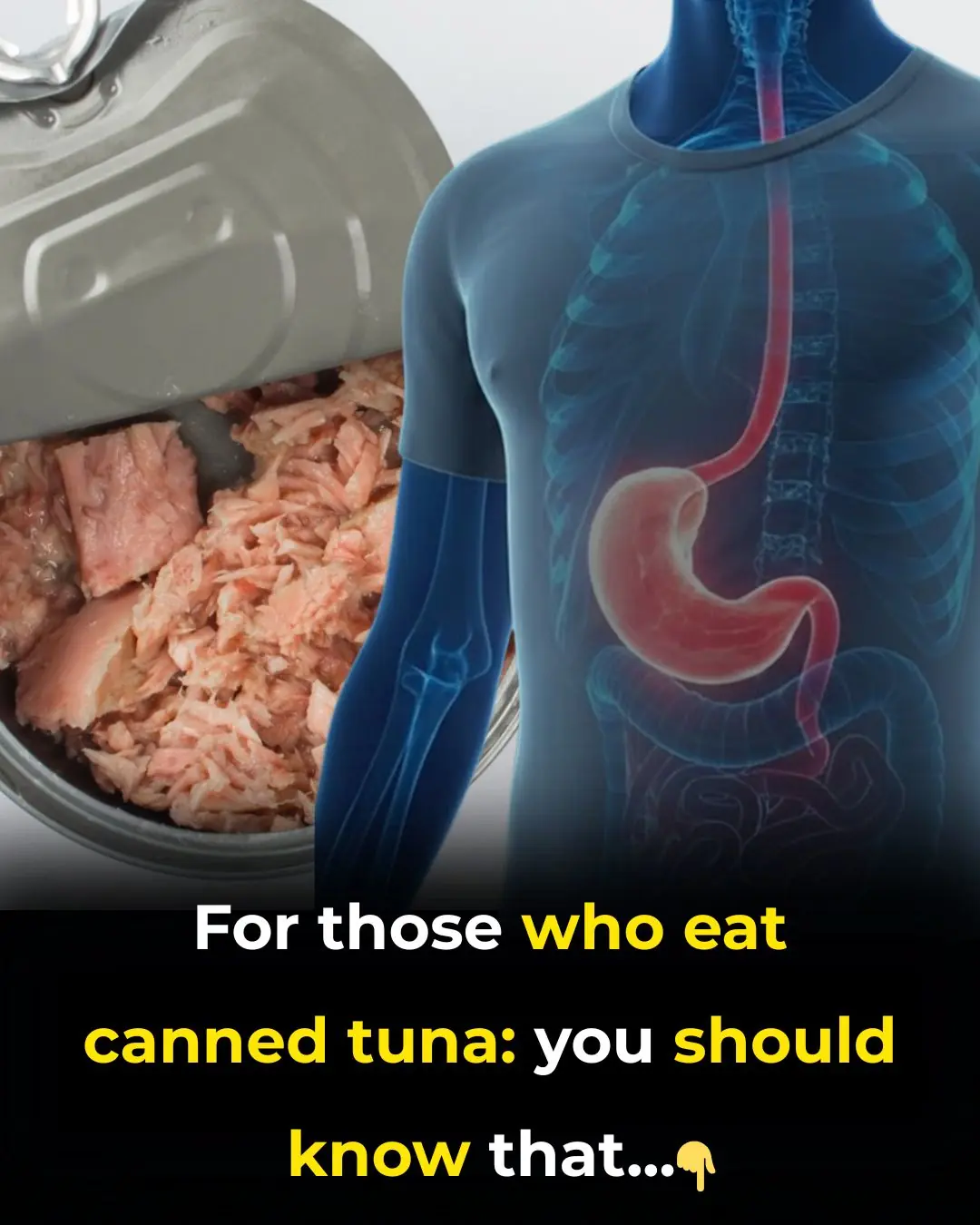
What Happens to Your Body When You Eat Canned Tuna Every Day
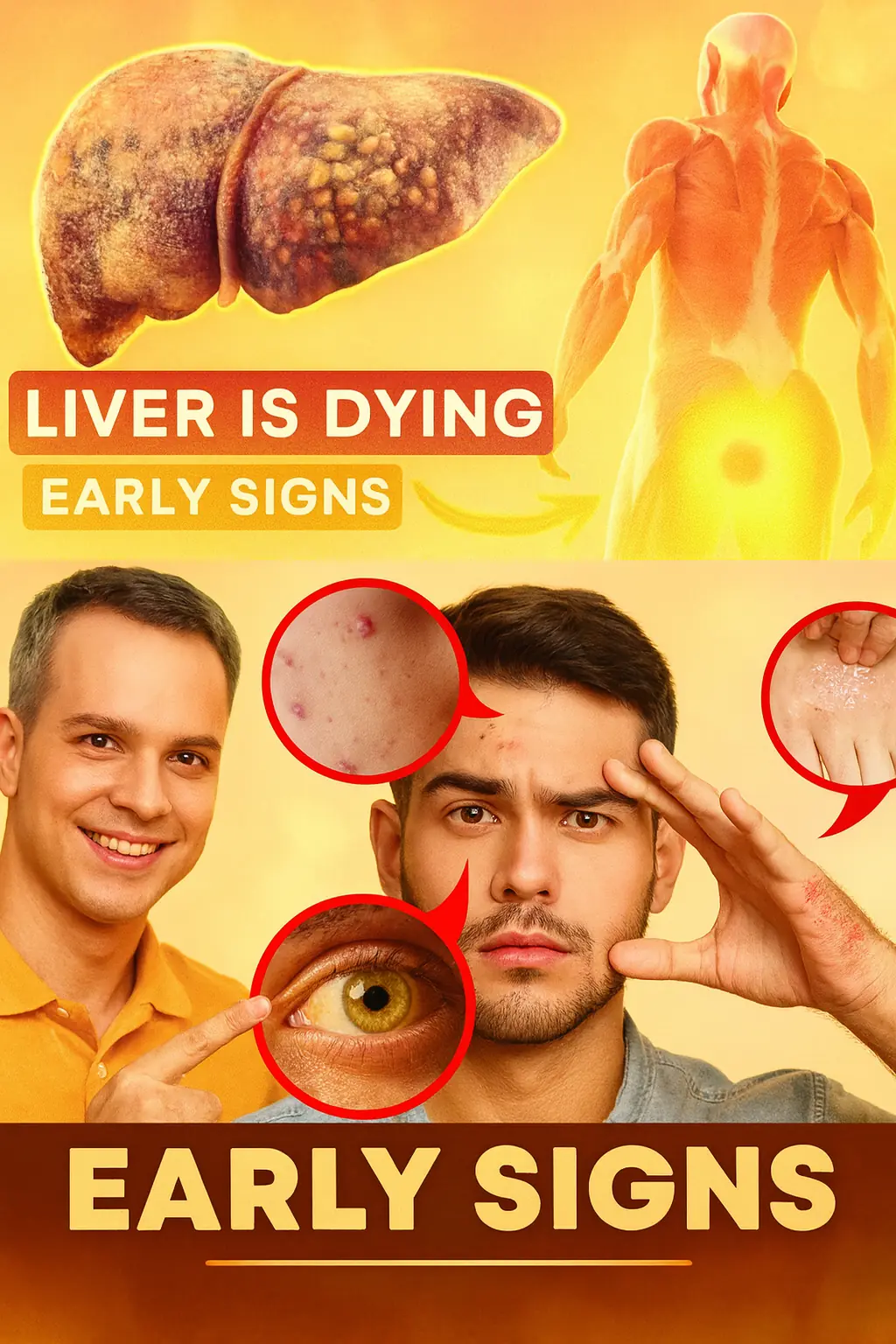
17 Warning Signs Your Liver Is Crying for Help

How to Support Your Kidneys Naturally Using 1 Teaspoon of Baking Soda
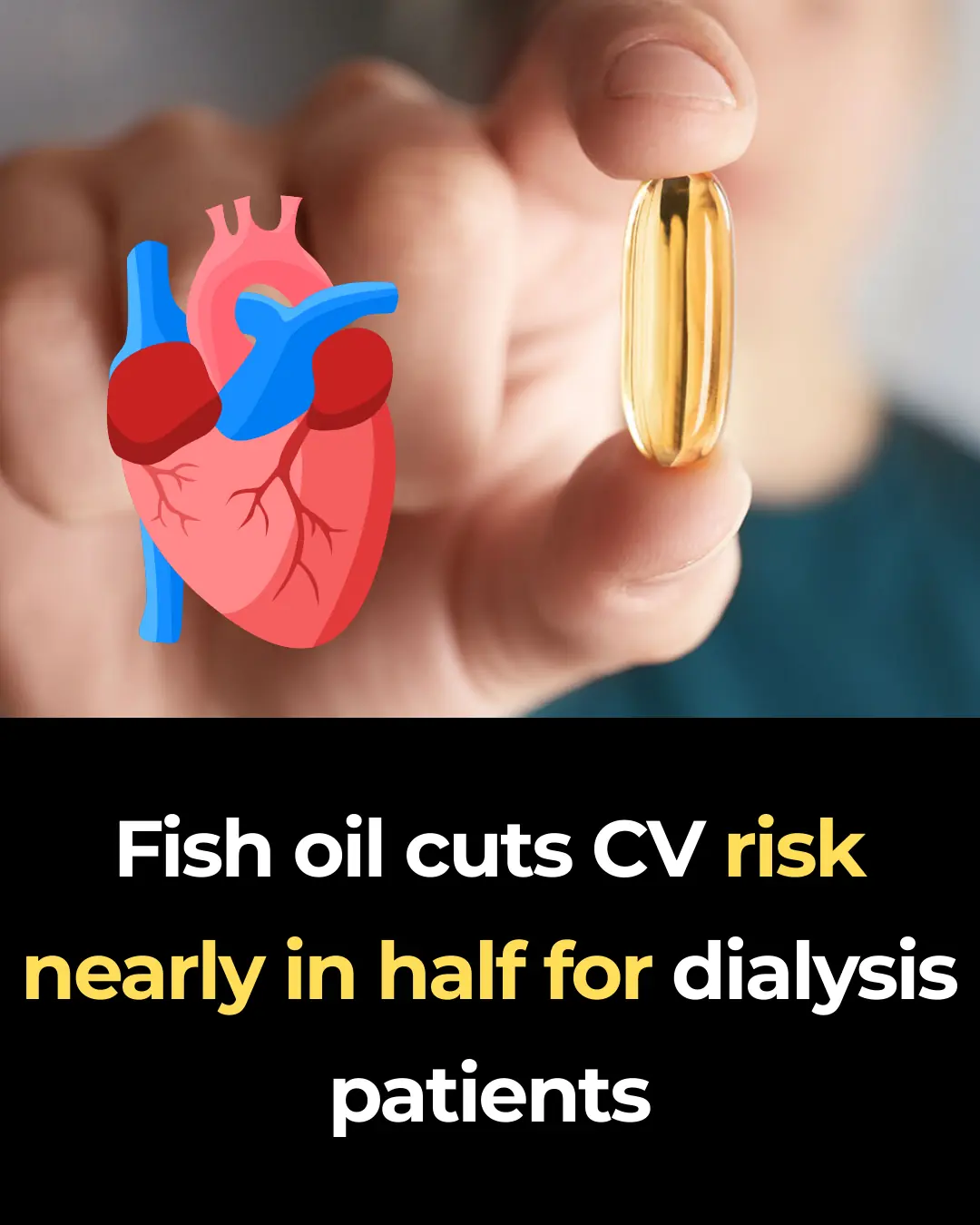
Fish oil cuts CV risk nearly in half for dialysis patients
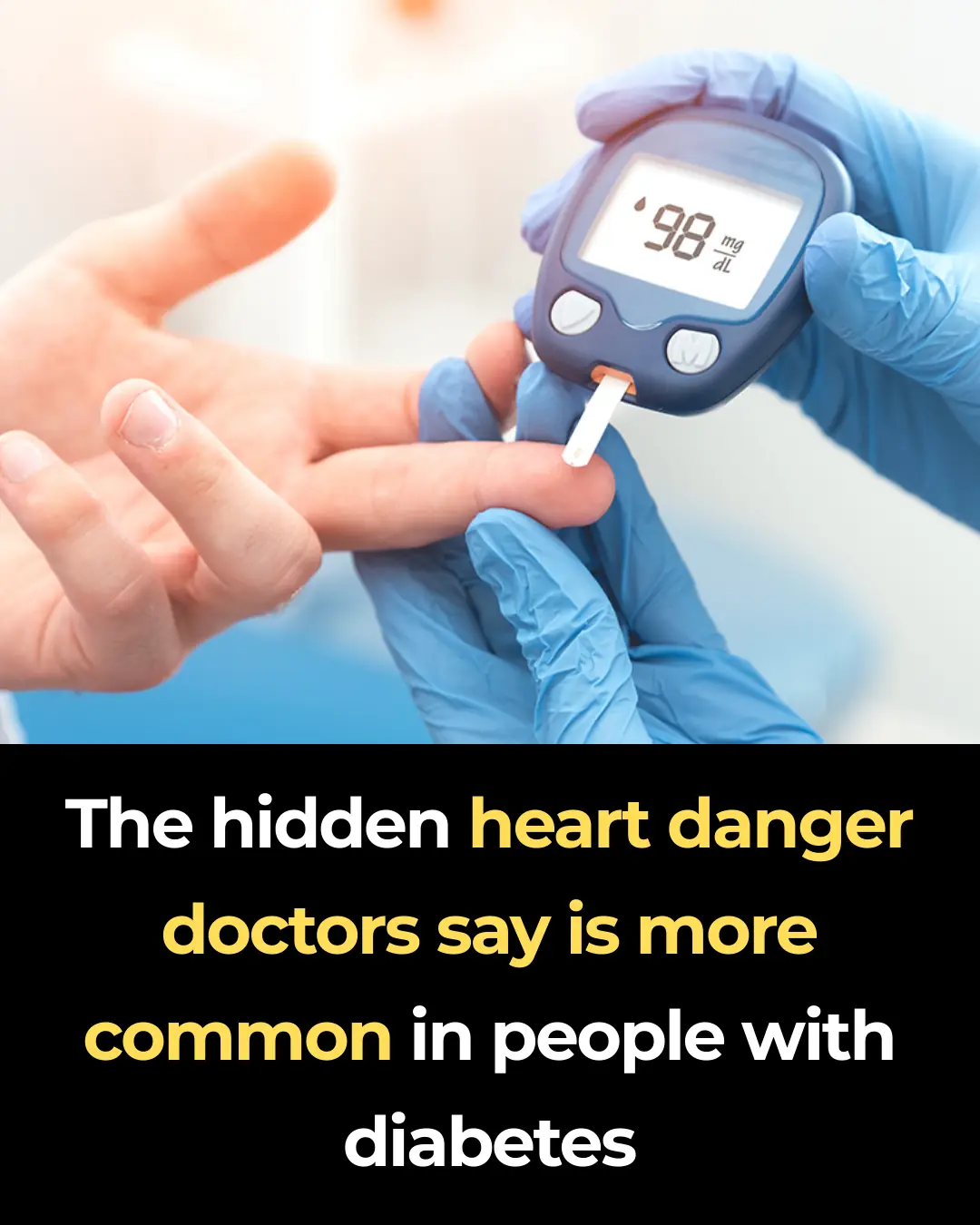
The hidden heart danger doctors say is more common in people with diabetes
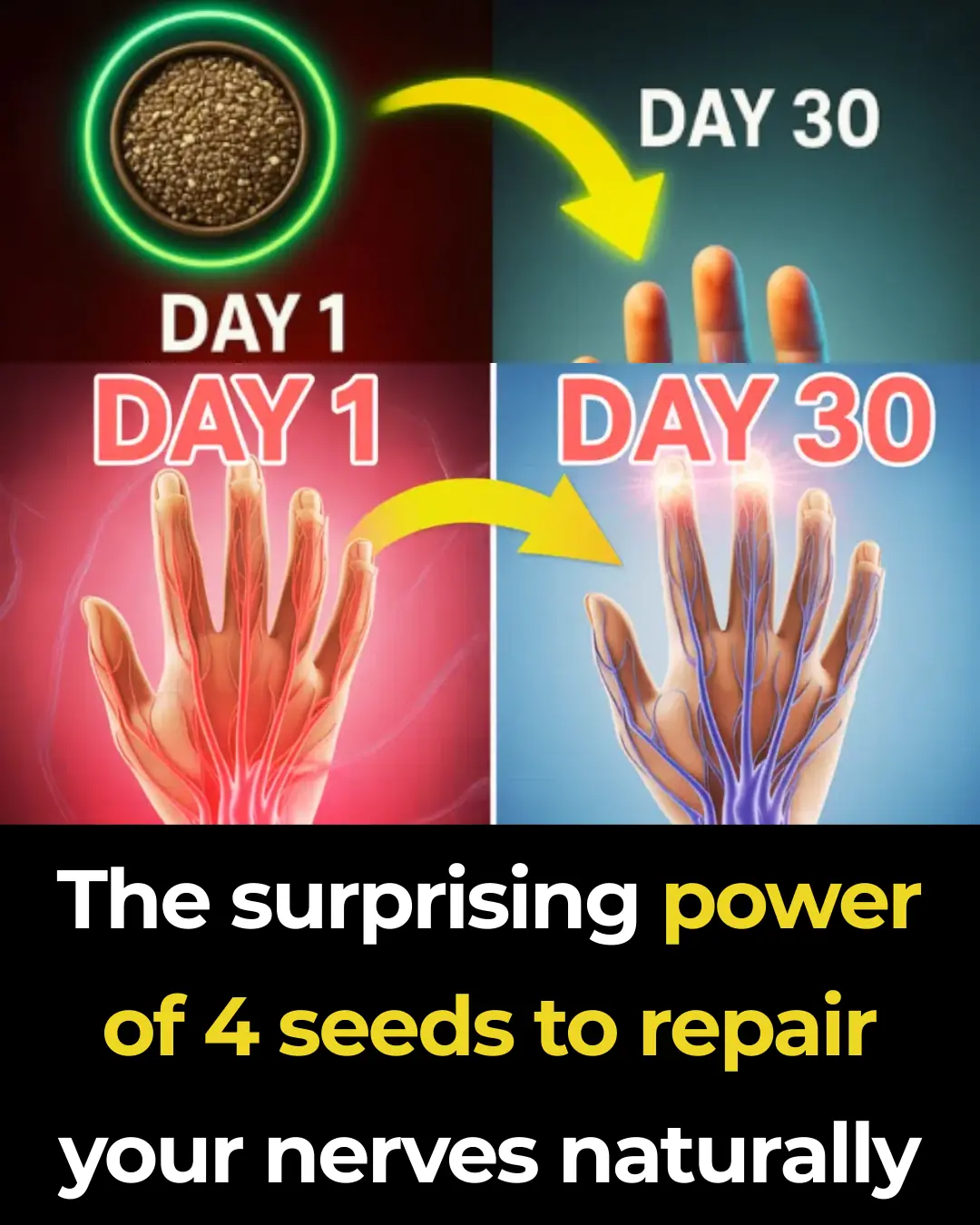
The surprising power of 4 seeds to repair your nerves naturally

Trial: mRNA Flu Vaccines More Effective Than Quad
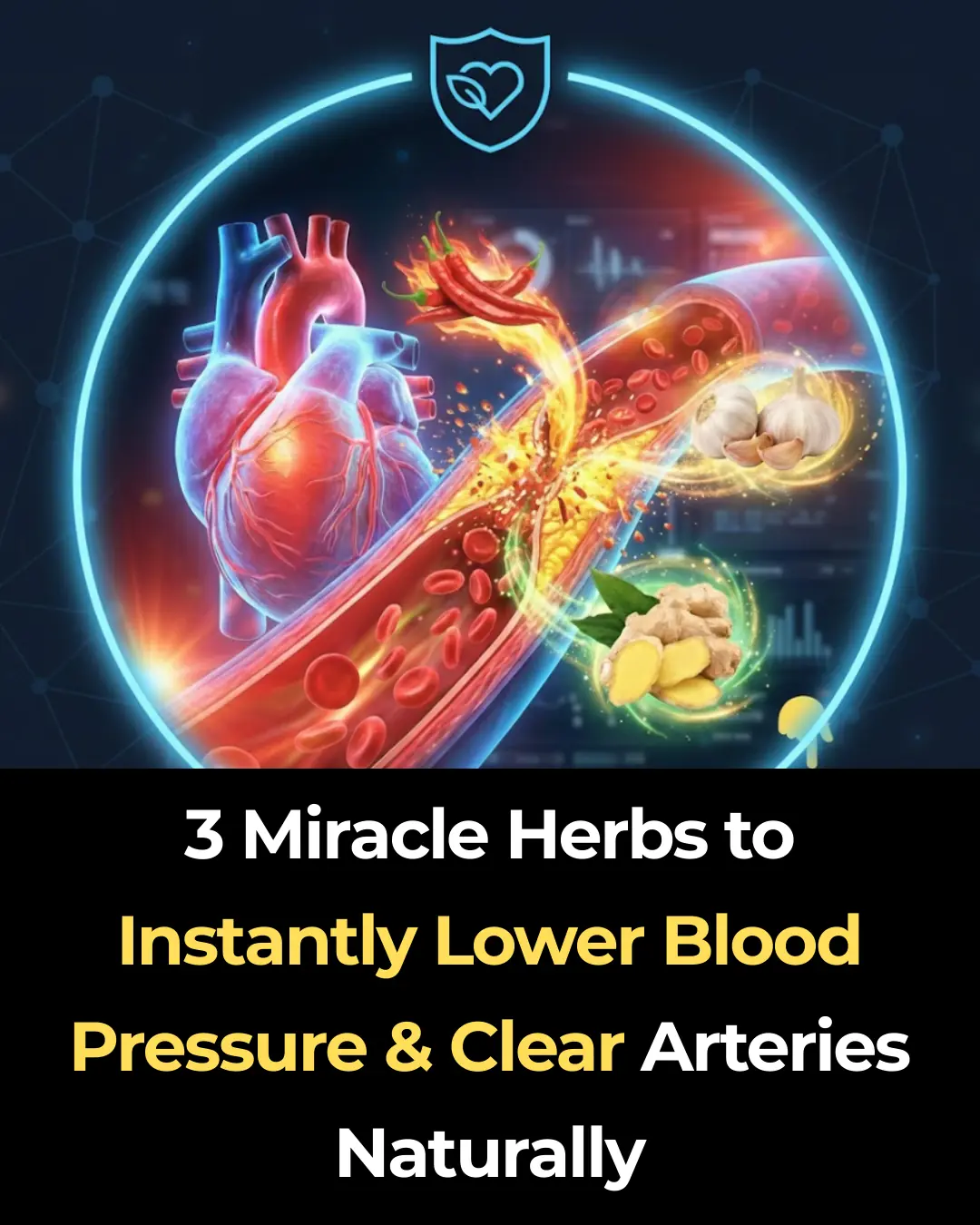
3 Miracle Herbs to Instantly Lower Blood Pressure & Clear Arteries Naturally

The Surprising Uses of Lemon and Charcoal: A Natural Mix That May Change Your Daily Routine

The Green Bell Pepper Hair Growth Secret You NEED to Know
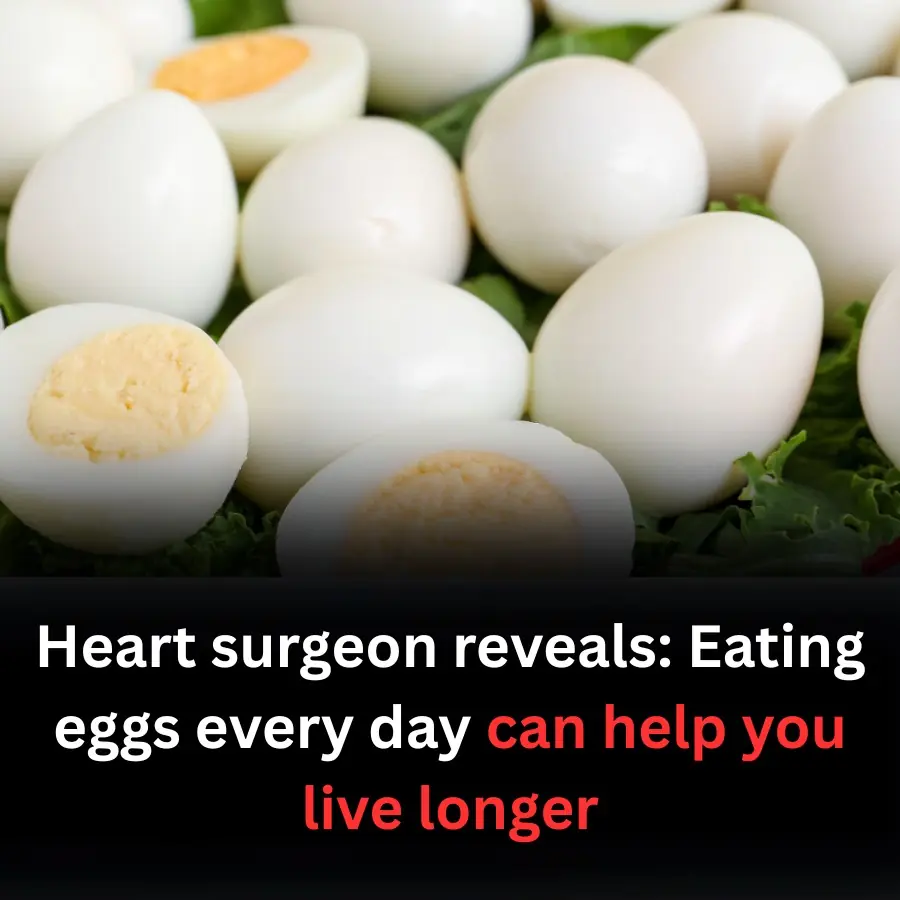
Eating eggs every day can help you live longer
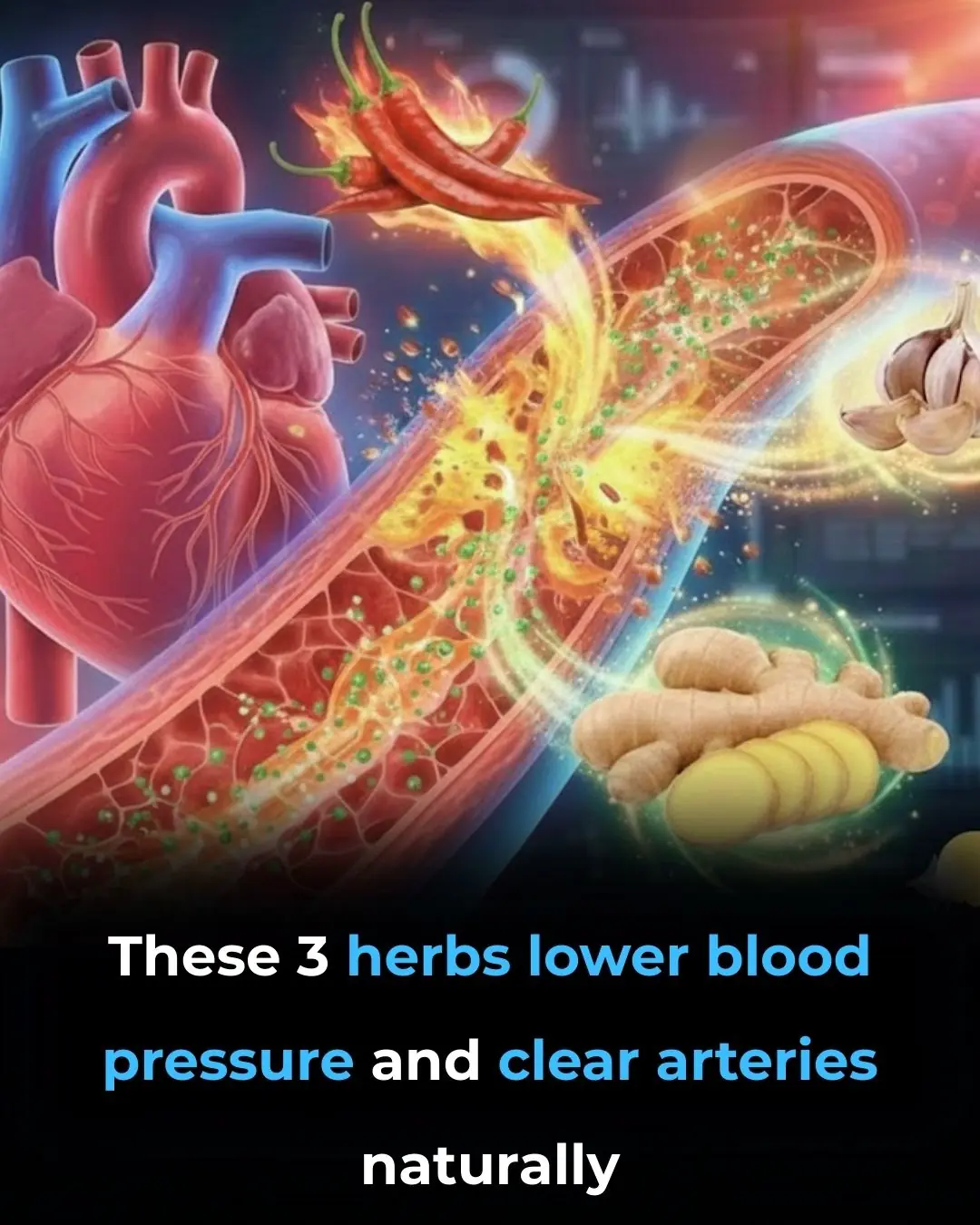
3 Miracle Herbs to Instantly Lower Blood Pressure & Clear Arteries Naturally

What is its effect. do you know?
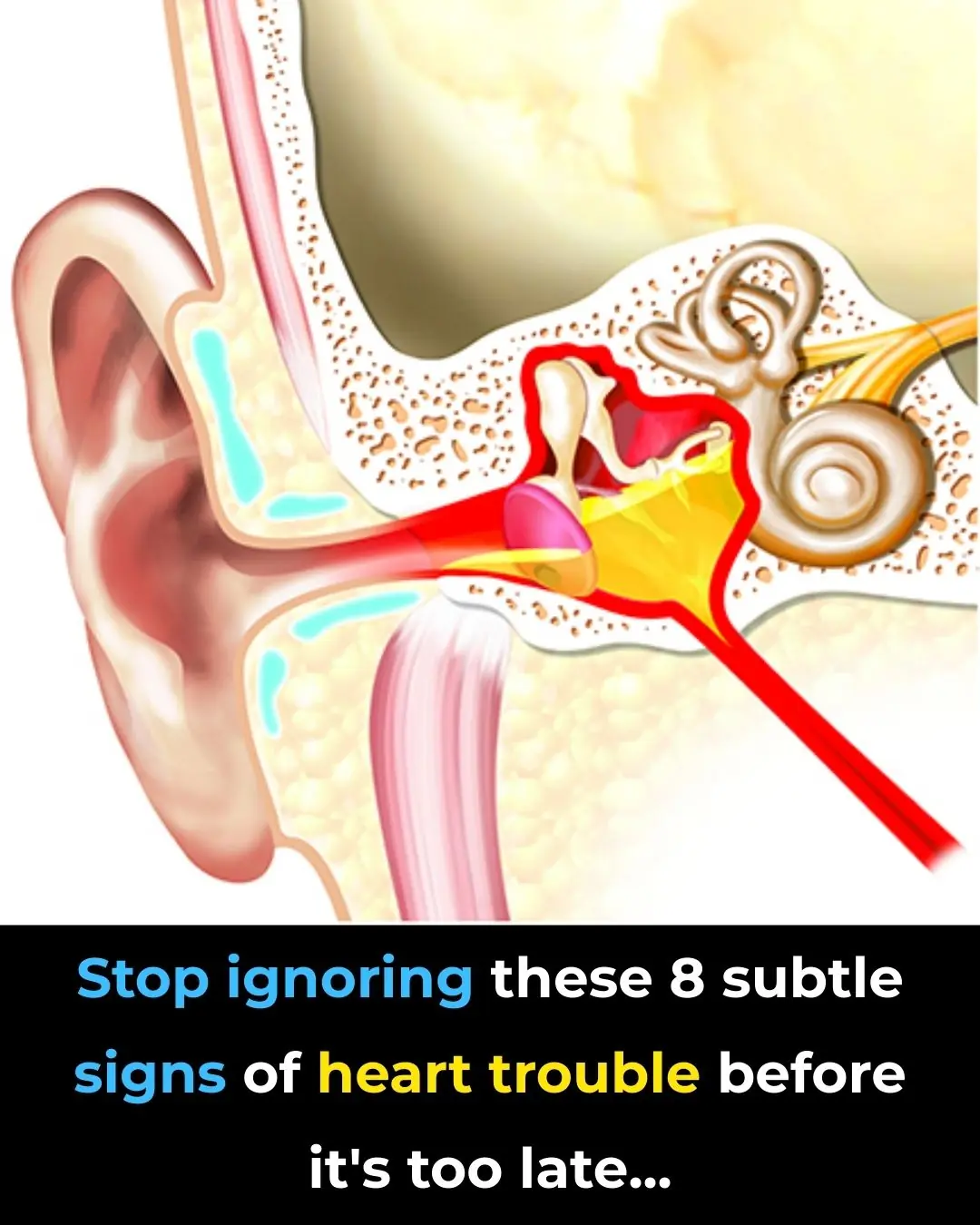
Stop Ignoring These 8 Subtle Signs of Heart Trouble Before It’s Too Late
News Post

High-Dose Nifedipine Linked to Increased Risk of Sudden Cardiac Arrest, New Study Suggests

How the U.S. Escaped Hurricane Landfalls in 2025

Ancient Shark Fossils Unearthed in Mammoth Cave Rewrite 325 Million Years of Evolutionary History

Powerful Health Benefits of Pineapple You Should Know

How an Italian Police Lamborghini Huracán Helped Save Lives by Delivering Kidneys Across Italy
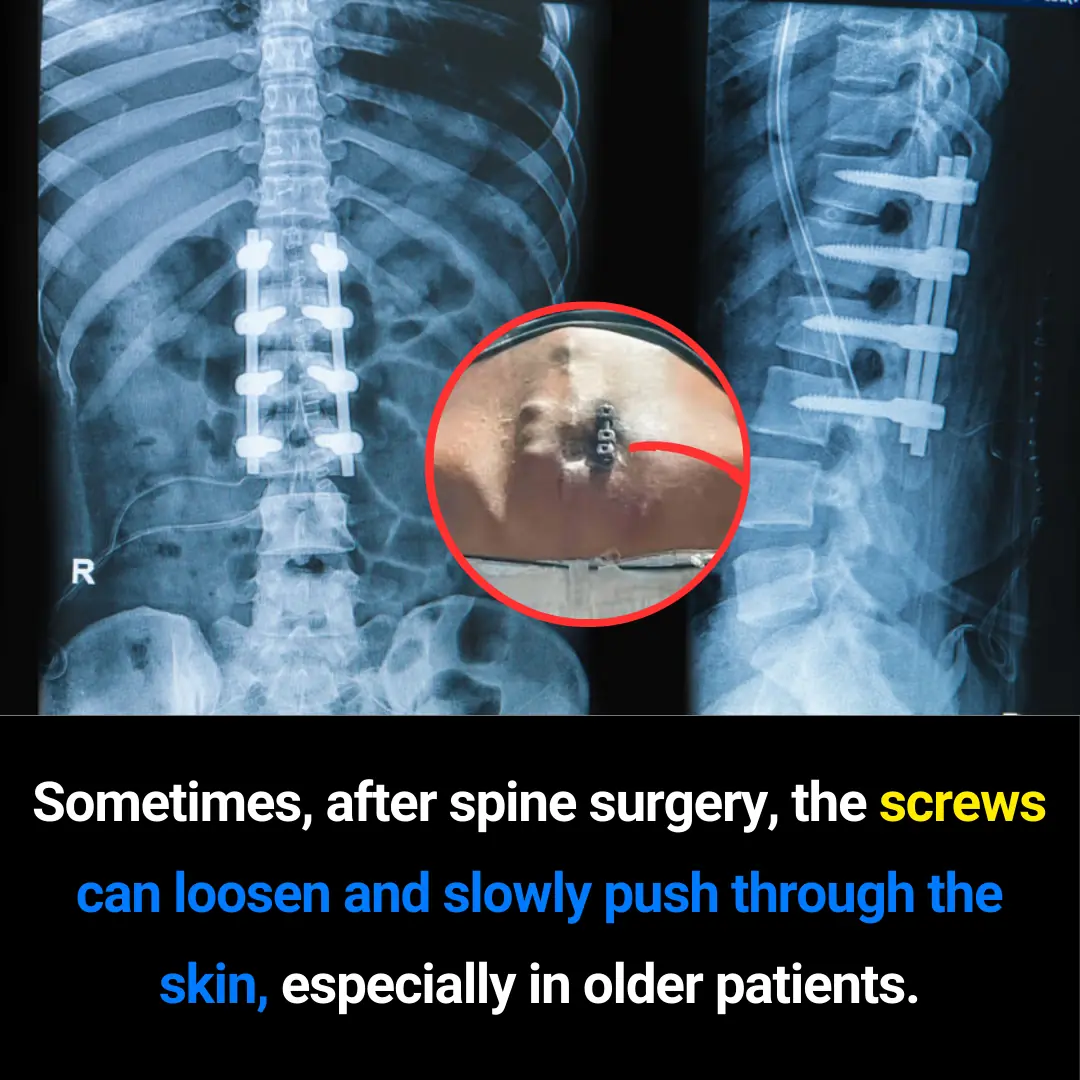
Can Spinal Screws Push Through the Skin? Understanding a Rare but Serious Post-Surgery Complication
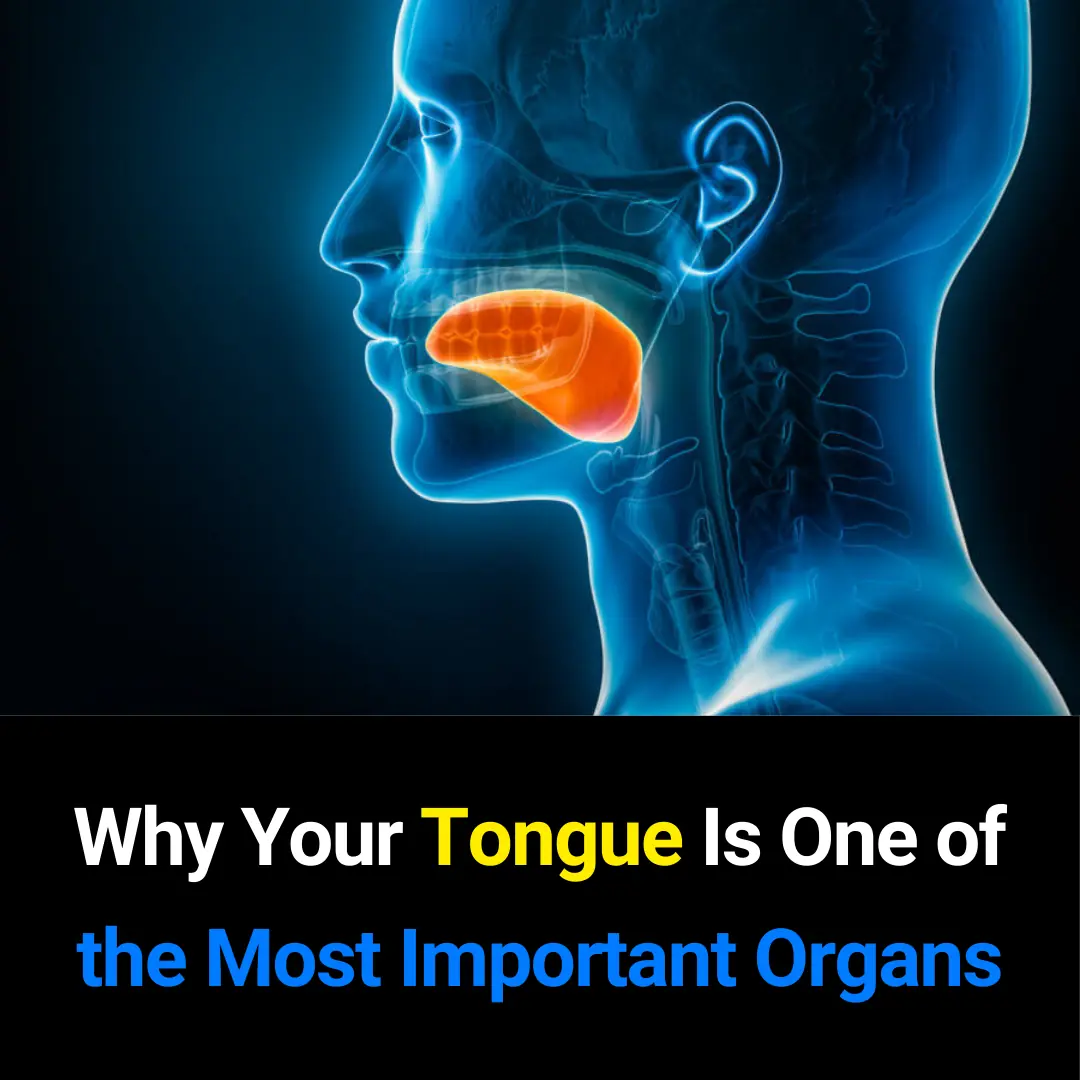
Why the Tongue Is One of the Most Important Organs in the Human Body

What You Do First in This Scenario

The Surprising Health Benefits of Sleeping in a Cold Room

A 4-Minute, Zero-Effort Hack to Clean Grill Gunk – The Simple Trick My Nana Taught Me

High Blood Sugar Warning Signs

🥚 A Look at How Certain Boiled Egg Habits May Affect Your Heart Health
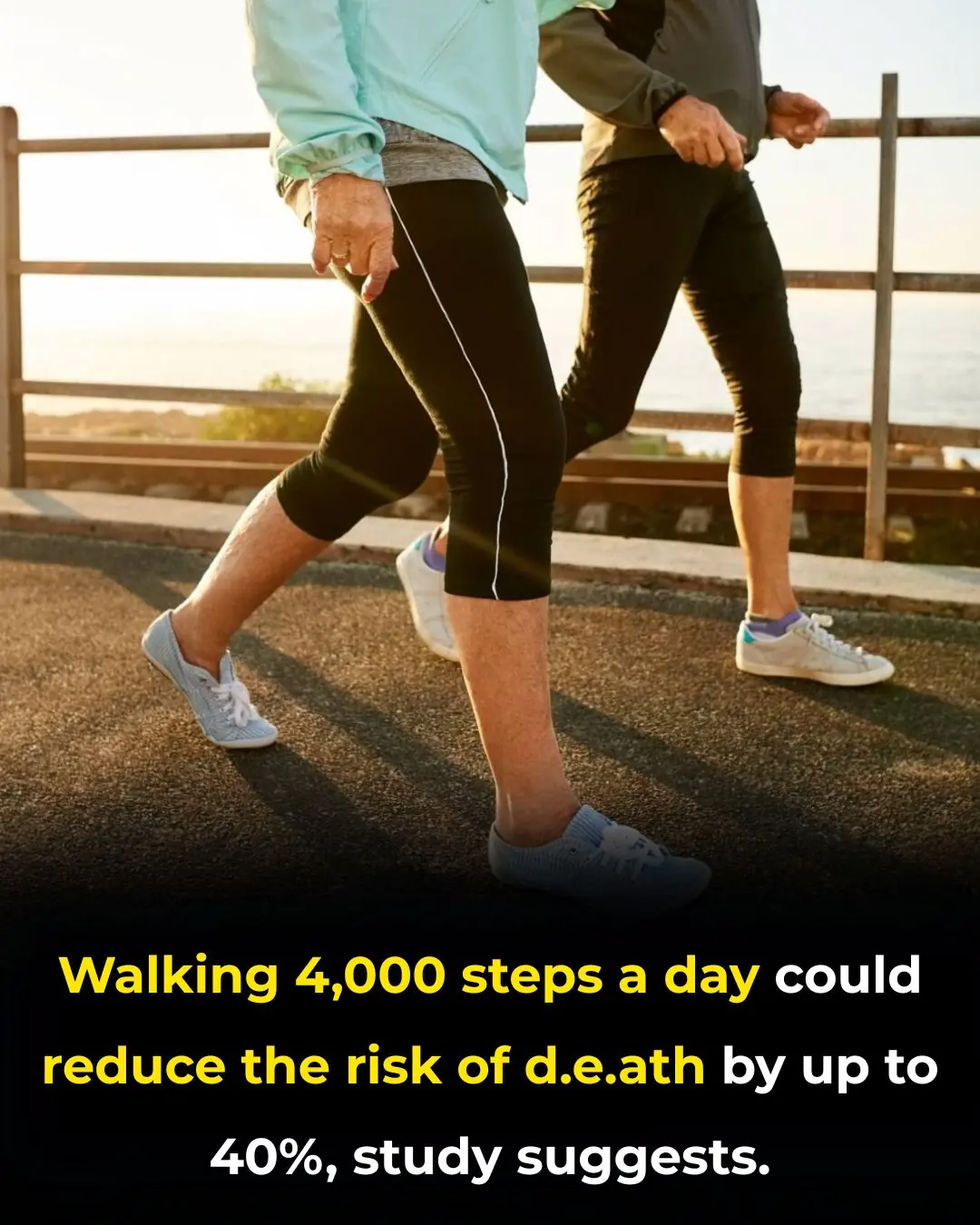
Small Steps, Big Impact: How 4,000 Steps a Day Can Transform Your Health

🌿 Clove Water Sitz Baths for Women: A Gentle Guide to Hygiene and Comfort

What Happens to Your Body When You Eat Canned Tuna Every Day

17 Warning Signs Your Liver Is Crying for Help

How to Support Your Kidneys Naturally Using 1 Teaspoon of Baking Soda

Fish oil cuts CV risk nearly in half for dialysis patients

The hidden heart danger doctors say is more common in people with diabetes
